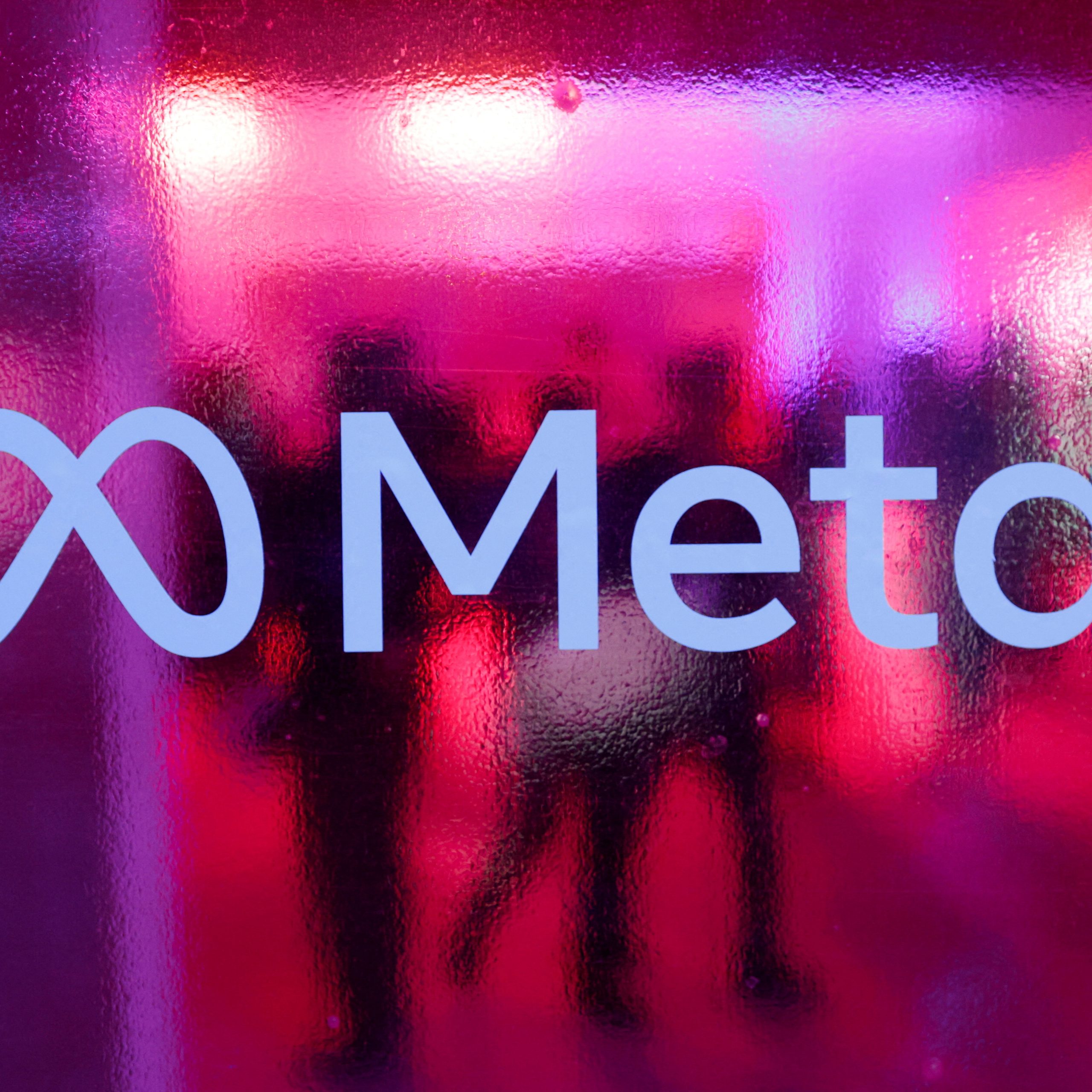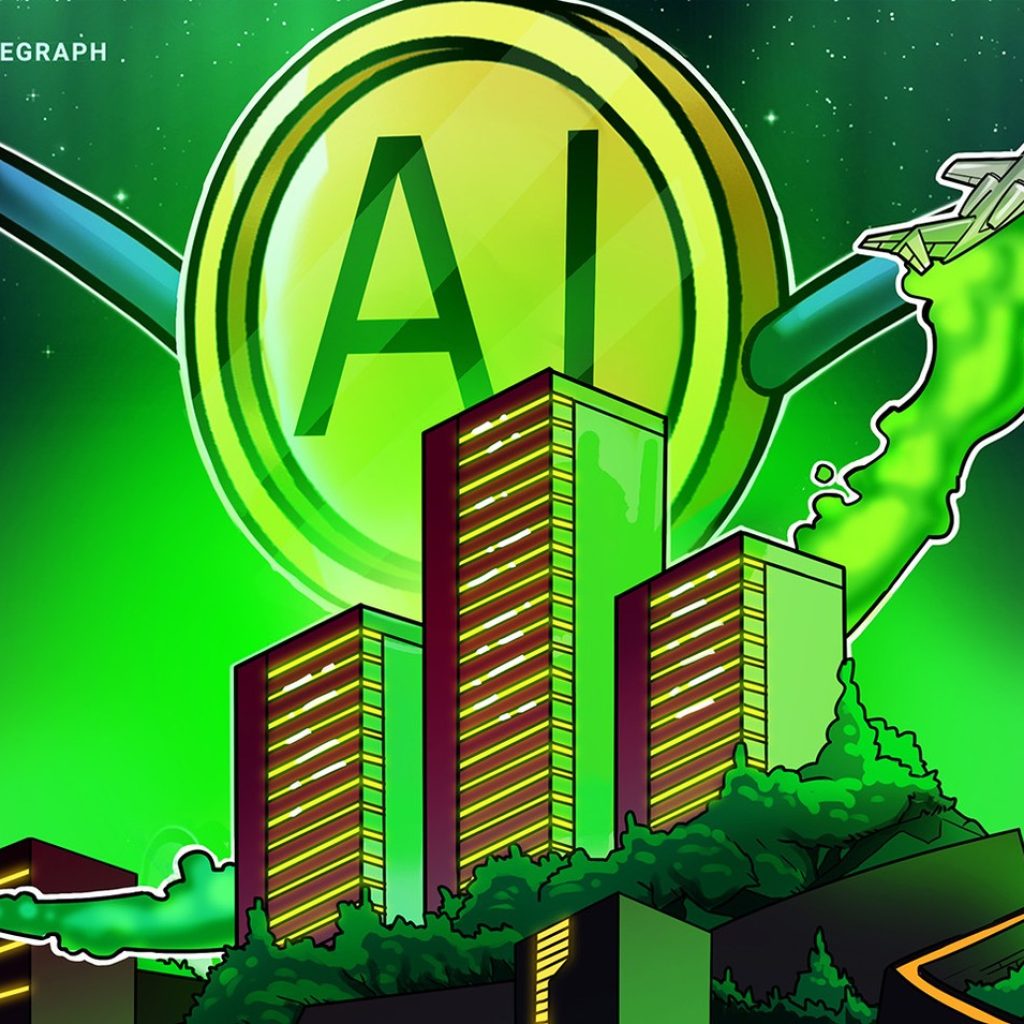Las Vegas, renowned for its vibrant entertainment and hospitality sector, is currently in the midst of a technological revolution that has both captivated and concerned its workforce. The city’s service-oriented tourism economy is undergoing a significant transformation with the increasing integration of artificial intelligence (AI) and automation.
While robots now pour drinks at bars and check-in booths handle hotel arrivals, a growing unease about job security lingers in the air. This story delves into the thriving rise of automation in Las Vegas, exploring how it is reshaping the city’s industries and prompting calls for innovative solutions to safeguard employment.
Las Vegas is becoming a hub of automated services
Inside Planet Hollywood, nestled along the iconic Las Vegas strip, The Tipsy Robot is making waves. This innovative bar now boasts two robots that expertly serve drinks to patrons, exemplifying the city’s swift transition toward automated services. The shift is not limited to the bar scene alone; check-in booths at hotels, text-based concierges, and food-serving robots are becoming increasingly commonplace.
Las Vegas, ever the pioneer, readily embraces these technological advancements, with AI and automation finding their way into casinos, restaurants, and more. These changes promise to redefine the tourism experience in the city while simultaneously streamlining business operations.
Navigating the path to automation
Research paints a future where automation could replace up to 65% of jobs in Las Vegas by 2035. Such predictions have pushed the city’s economy to a critical crossroads, compelling businesses to turn to technology to trim labor expenses. As the workforce faces a transformation of unprecedented magnitude, the need for adaptation and upskilling becomes paramount.
It is imperative for Las Vegas to proactively implement retraining programs and support services to ensure a smooth transition for its workers into the emerging job market driven by technology. This proactive approach aims to minimize the potential negative impact on employment rates and foster a more resilient job landscape.
John Restrepo, a principal at RCG Economics, asserts that diversifying the economy is a key strategy to mitigate reliance on tourism and hospitality. By fostering industries like technology, healthcare, and renewable energy, Las Vegas can cultivate a more robust economic ecosystem that is less vulnerable to fluctuations in the tourism sector. The investment in workforce retraining and educational programs can help the city build a diverse talent pool, attract new employers, and fortify its economy against future uncertainties.
Union advocacy and negotiations
Nevada’s largest union, the Culinary Union, representing 60,000 service and hospitality workers in Las Vegas and Reno, is gearing up for negotiations this year. Their primary focus is on securing safeguards against AI replacing jobs in the industry. As technology continues to advance and the potential for AI integration in hospitality grows, the union remains steadfast in advocating for the job security of its members.
Ted Pappageorge, the union’s secretary-treasurer, emphasizes that they are ready to take a stand, including the possibility of striking, during contract negotiations. But, he underscores that the ultimate goal is to engage in constructive dialogue with employers to reach a mutually beneficial agreement that addresses the concerns surrounding AI and its impact on the workforce. The union’s efforts are driven by the intention to ensure fair treatment for workers while adapting to the evolving landscape of the job market.
The future contracts in Las Vegas will undoubtedly hinge on preserving attainable jobs for its workforce. Adapting to shifting market demands and staying relevant in an era of rapid digital transformation will be critical for employees. Employers and educational institutions must play a pivotal role in providing continuous learning and skill development opportunities to equip workers with the capabilities needed to thrive in the changing employment landscape.
Las Vegas is experiencing a thrilling rise in AI and automation, with technology permeating various service industries. While this transformation promises enhanced efficiency and customer experiences, it also raises concerns about potential job displacement. Las Vegas stands at a crossroads, with the need to diversify its economy and implement safeguards to ensure that its workforce can navigate this technological shift successfully. The efforts of unions and employers, along with a commitment to continuous learning and adaptation, will play a crucial role in shaping the city’s future amidst the AI revolution.





